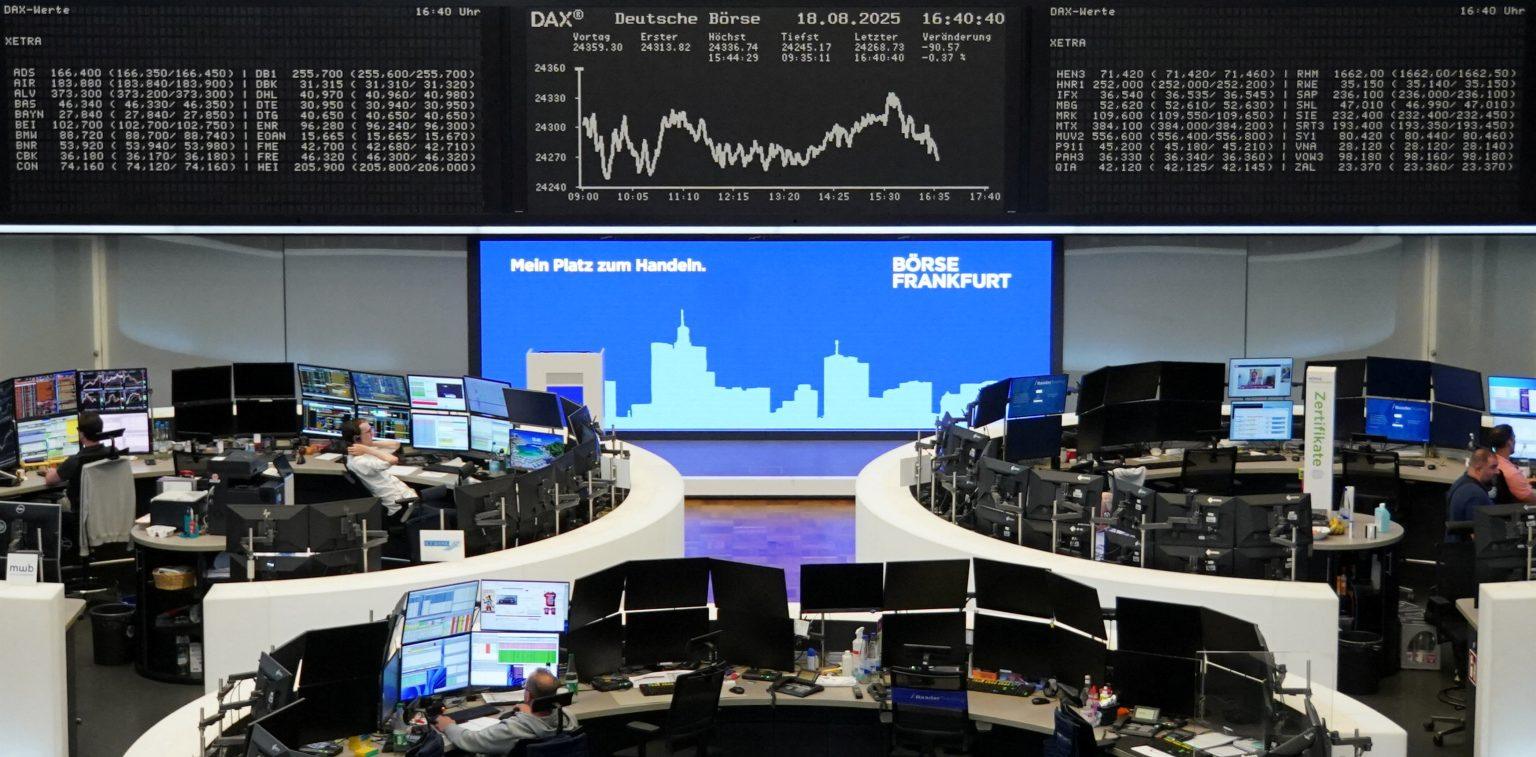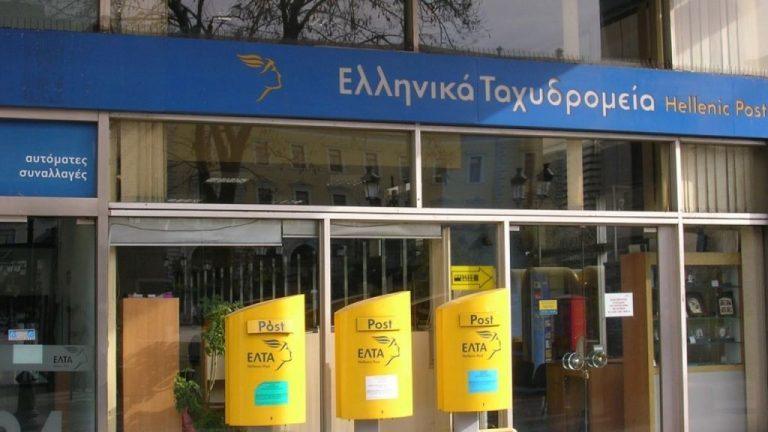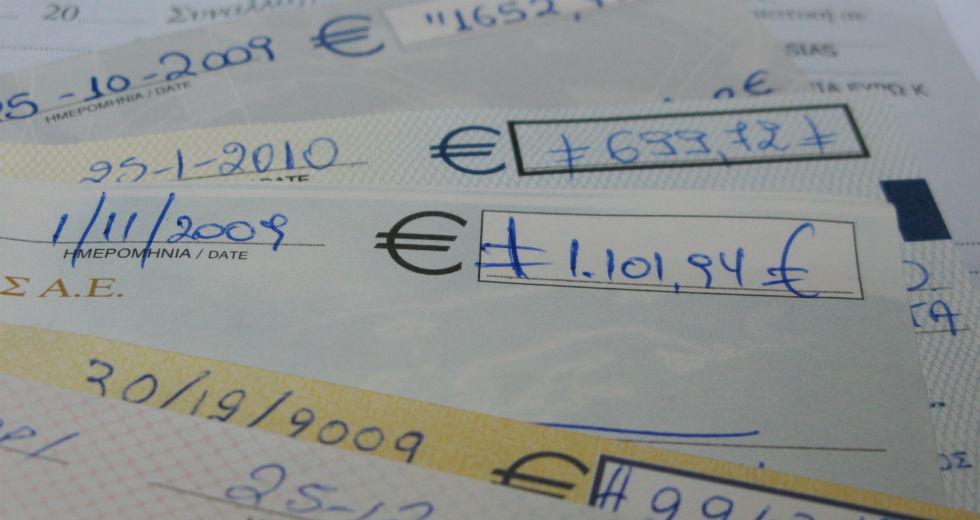In the wake of the recent NATO summit in The Hague, where member states committed to increasing defense spending to 5% of GDP by 2035, the European Trade Union Confederation (ETUC) has issued an urgent appeal: don’t make working families foot the bill.
While not opposing the need to bolster defense, ETUC is calling on European governments to protect social spending from cuts. The confederation argues that any additional burden must be borne by those most able to afford it, emphasizing fairer tax distribution. As Brussels’ union leaders put it, Europe should not have to choose between social cohesion and military readiness.
Yet beneath the appeal lies a sobering reality: cohesion and development funds are already being funneled into defense budgets. Leading economists warn that this redirection will inevitably erode households’ living standards—concerns that data is beginning to confirm.
“Guns or Butter”?
Economist Gert Peersman of Ghent University recently underscored the stakes in an interview with Belgium’s public broadcaster, VRT News. His analysis estimates that the proposed 5% defense expenditure would amount to an additional 6,000 euros per household annually—comparable to what Belgian families currently spend on food.
For Peersman, the model is both unrealistic and unsustainable, given that such increases will likely be funded through taxation.
He projects significant tax hikes across Europe over the next decade unless alternative funding models are introduced. These fiscal pressures are expected to intensify, especially for nations with already strained budgets.
The Greek Equation
Greece, although currently not among the most fiscally vulnerable countries due to a projected 1.3% budget surplus in 2024, remains a special case. Despite the surplus—largely driven by inflation-fueled tax revenues and spending cuts—its public debt still tops the EU charts at 153.6% of GDP.
Translating the NATO target into household impact, 5% of Greece’s nominal per capita GDP (25,300 euros) equals about 1,246 euros annually per person—an amount surpassing the average monthly net wage for full-time work. The implications are stark, especially in a country where defense already consumes 3.1% of GDP, the fifth-highest within NATO.
A Tense Balancing Act
Most European countries currently allocate just 1% to 2% of GDP to defense. The new NATO target will require a substantial shift. ETUC, striving to balance political neutrality with social advocacy, acknowledges the legitimacy of common security needs but insists that defense should not come at the cost of citizens’ livelihoods.
“The EU must cease raiding underfunded social programs,” an ETUC spokesperson stated, “and governments should not make workers, pensioners, or people with disabilities shoulder the costs of unrealistic defense targets. Instead, the wealthiest in Europe must be held accountable for their fair share.”
Source: Tovima.com









































